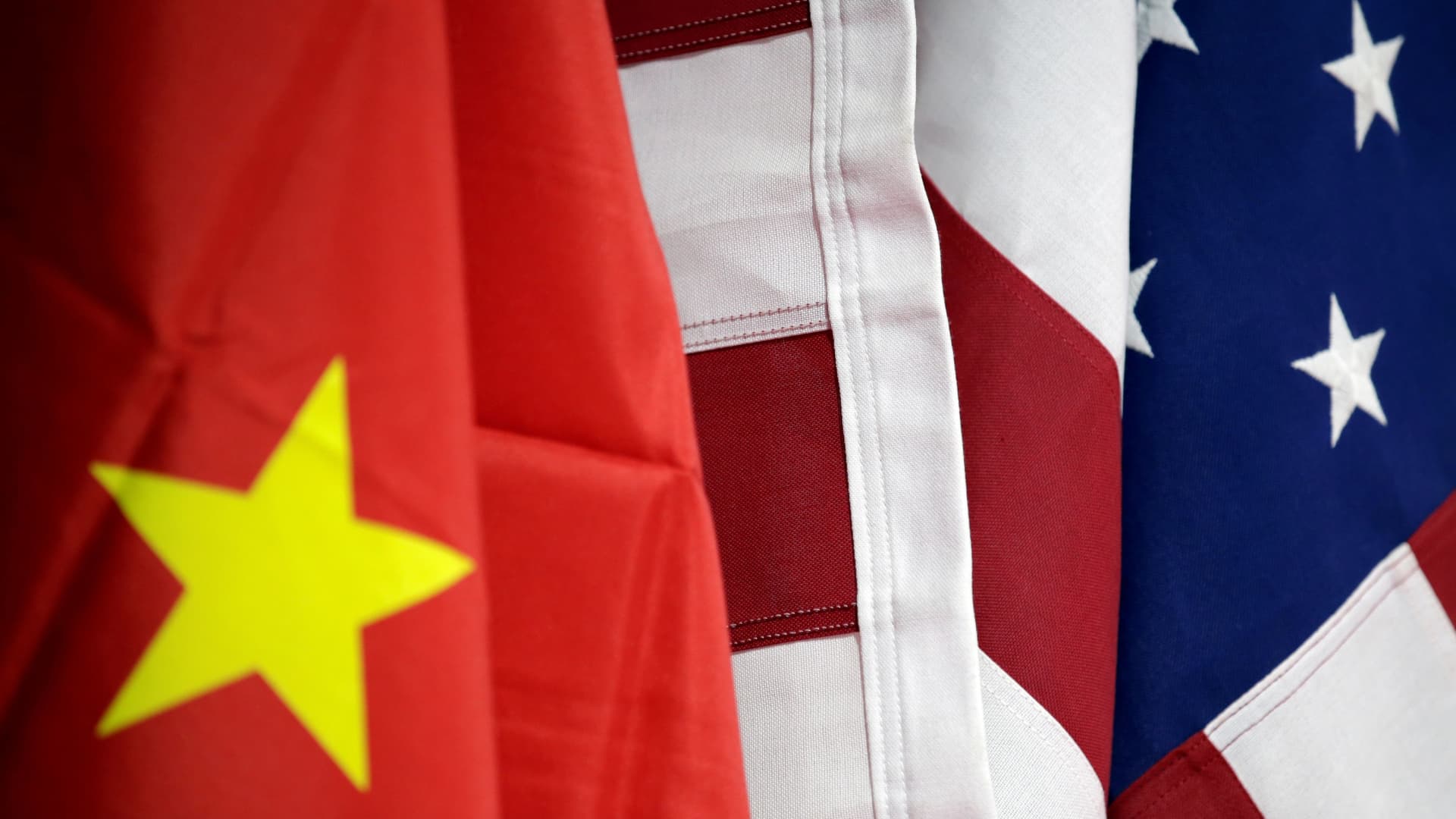Relations between Washington and Beijing have reached an unprecedented low, with disputes ranging from trade and technology to human rights and territorial claims. Xie Feng, China’s ambassador to the U.S., recently addressed the drop in trade between the two countries, attributing it to U.S. tariffs and export controls. In a speech at the Forbes U.S.-China Business Forum, Xie emphasized that China-U.S. trade fell by 14.5% in the first half of the year, directly impacted by the implementation of Section 301 tariffs, unilateral sanctions, and tighter export controls by the U.S. He highlighted the negative effect on families and businesses in both countries.
China heavily relies on the U.S. as its biggest trading partner on a single country basis. However, U.S.-China trade continued to decline, with a 15.4% drop in July compared to the same period in 2022. This decline is in line with the global trend of decreasing trade flows due to a decrease in global demand.
Xie voiced concerns about the potential decoupling of China and the U.S., stating that it would pose the biggest risk and create insecurity between the two countries. He emphasized the need for opportunities, cooperation, stability, and development, rather than shutting out China. While exports remain a significant contributor to China’s economy, their share has decreased in recent years.
Xie urged for the expansion of mutually beneficial economic cooperation and trade between China and the U.S. He emphasized the importance of taking concrete steps, regardless of their perceived size, such as facilitating travel between the two countries and renewing agreements for cooperation in science and technology. On a regional level, the European Union and Association of Southeast Asian Nations are China’s largest trading partners, but their trade flows have also experienced a moderate decline this year due to declining global demand.
Xie highlighted China’s global dominance in trade and industries such as electric vehicles. He noted that countries like France, the U.K., and Japan have significantly increased their foreign investments in China in the first half of the year. He emphasized the commitment to protecting foreign investment and ensuring national treatment for foreign-invested enterprises.
Xie also mentioned the recent visit of U.S. Commerce Secretary Gina Raimondo to China. Following her meetings with Chinese government officials, both countries agreed to establish regular communication channels on commerce, export controls, and protecting trade secrets. Raimondo stood firm on matters of national security, stating that the U.S. does not negotiate on such issues.
The U.S. has implemented restrictions on Chinese companies’ purchases of advanced semiconductors over national security concerns. In response, China imposed tariffs on U.S. goods after the Trump administration imposed tariffs on Chinese goods in 2018. Xie questioned the fairness of average U.S. tariffs on Chinese products, which stand at 19%, compared to the average Chinese tariffs on U.S. goods at 7.3%.
Xie assumed his role as China’s ambassador to the U.S. in May. In August, President Joe Biden signed an executive order aimed at restricting U.S. investments in Chinese semiconductor, quantum computing, and artificial intelligence companies due to national security concerns. Xie criticized the executive order, calling it a violation of the principle of free trade.
Xie expressed his confusion over the U.S.’s shift from urging China to expand foreign investment to imposing restrictions. He argued that instead of containing China, these restrictions only hinder the development of American businesses in China. During Raimondo’s trip to China, she encountered concerns from businesses that China has become too risky for investment. Raimondo emphasized the need for predictability, due process, and a level playing field to foster business relations between the two countries.
Denial of responsibility! VigourTimes is an automatic aggregator of Global media. In each content, the hyperlink to the primary source is specified. All trademarks belong to their rightful owners, and all materials to their authors. For any complaint, please reach us at – [email protected]. We will take necessary action within 24 hours.


